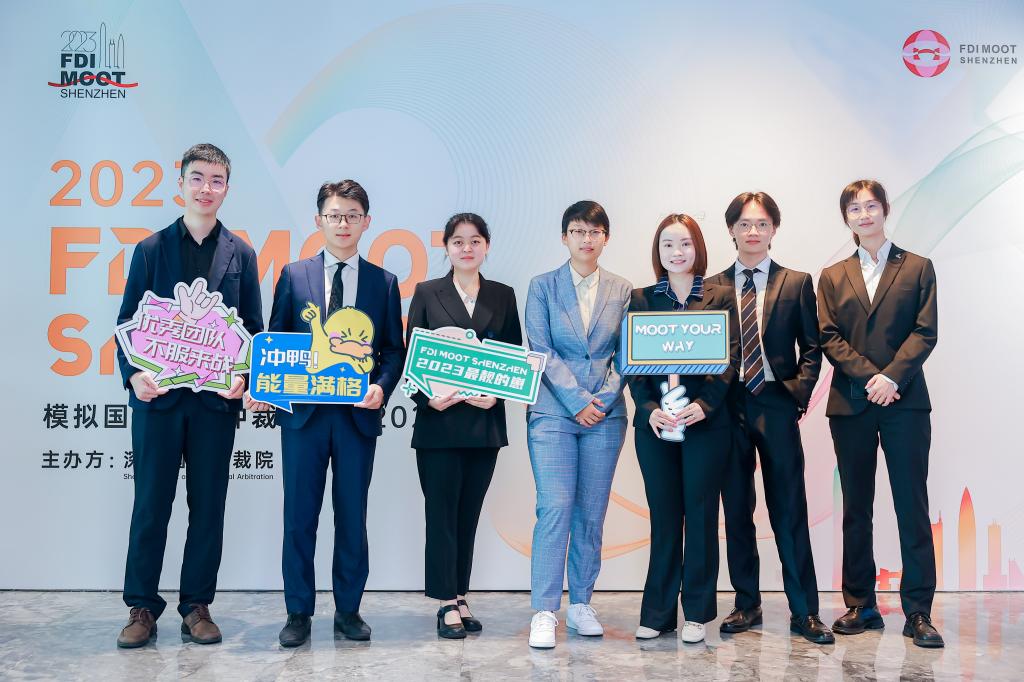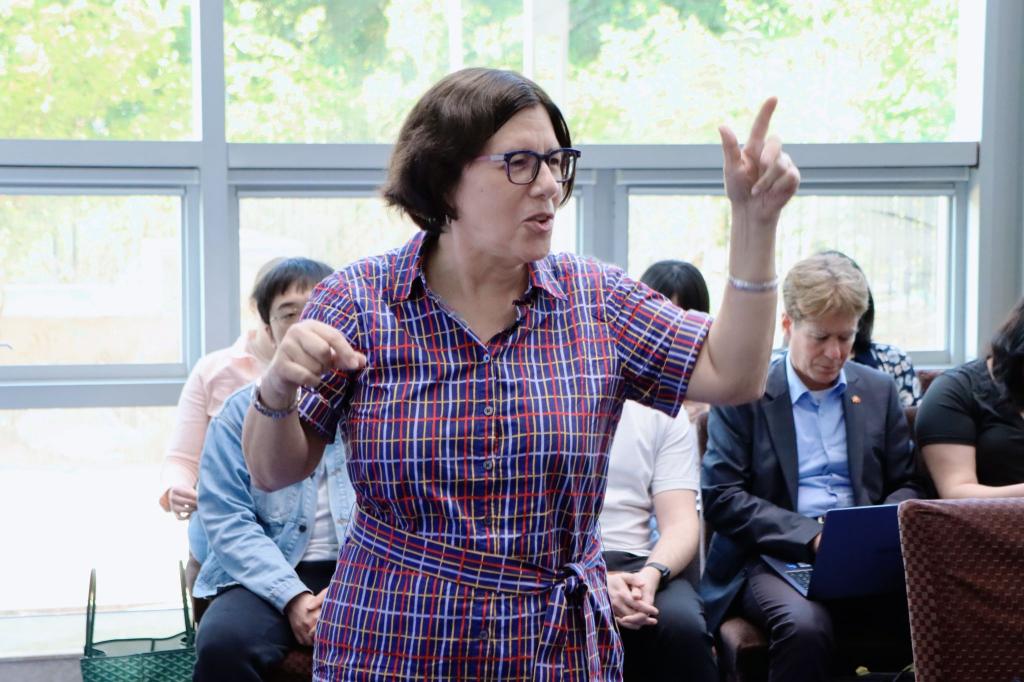Copyright © 2022 Peking University School of Transnational Law.

2014-05-10 Views: 1
In Beijing, on May 10, 2014, the Peking University School of Transnational Law (STL) convened faculty from STL and STL’s sister school, the Peking University Law School, as well as a panel of distinguished lawyers to address cutting-edge issues in international legal practice and education.
Billed as designed to advance the dialogue around internationalization, Symposium 2014 on Transnational Legal Practice in the 21st Century did just that with a compelling series of lectures and a discussion in the round with preeminent lawyers offering insights on cross-border practice.
Held at Peking University’s Beijing campus, Symposium 2014 attracted a wide and diverse audience, with representation from 17 schools around China among students who registered to attend, including those from Peking University, Tsinghua University, Minzu University of China, China University of Political Science and Law, Zhongnan University of Economics and Law, Beijing Forestry University, and many others. In addition to the afternoon program, students were able to learn about STL’s innovative dual-degree J.D./J.M. curriculum and meet with admissions representatives.
Dean of STL and Professor of Law Philip McConnaughay kicked off the event with welcoming remarks, sharing anecdotes from his several years of past practice as a partner at an international law firm in Hong Kong and Tokyo. STL Associate Professor of Law Mark Feldman followed with a presentation on the burgeoning, and distinctly 21st Century issue of treaty protection for Chinese investors abroad. In his presentation, Prof. Feldman discussed important cases on the horizon that are sure to be key precedents for the field.
Next was STL Associate Professor of Law Stephan Jaggi, who drew upon his expertise as a comparative constitutional law scholar to analyze a quintessentially transnational problem – gender discrimination. Prof. Jaggi led students through the key jurisprudential frameworks for analyzing gender discrimination and then guided a penetrating look through Frontiero v. Richardson, one of the U.S. Supreme Court’s seminal cases on the issue.
Both presentations by Prof. Feldman and Jaggi were taught in the signature pedagogy of STL’s J.D. and J.M. programs with extensive Socratic-method interaction and class participation by students. Concluding the program’s series of faculty talks, Prof. Chen Ruoying from the Peking University Law School delivered an illuminating lecture on legal education in a globalized era. Prof. Chen extolled the benefits of a case study method to teaching and advocated a move to a more interdisciplinary approach to learning.
Wrapping up the program was a panel discussion featuring accomplished senior legal practitioners from varied fields – law firm practice to in-house counsel to arbitration. Panelists offered advice on the most important skills students should develop for legal practice and candid thoughts on what makes for a rewarding career. Panelists were: Dong Gang, VP of China Legal at Morgan Stanley; Sami Farhad, VP and General Counsel at eLong, Inc.; Hu Jun, Partner at FangDa Partners; James Liu, Founding Partner at JT&N; and Clarisse von Wunscheim, Founding Partner at WunschArb. Dean McConnaughay served as panel moderator.
Immediately following the panel discussion, students and attendees moved to Shao Yuan House Restaurant near the West Gate of campus for a networking banquet, marking a satisfying end to Symposium 2014.
– Reported By Eric H. Mao, Director of International Programs
June 29, 2024
June 20, 2024
June 20, 2024

June 20, 2024

June 19, 2024